Just because you have been diagnosed with diabetes doesn’t mean you have to avoid carbs forever. Although you should be avoiding the empty calorie, sugar-filled options, there are some healthy choices.
Having a healthy balance of carbs in your diet is important, according to Anna Taylor, RD, a registered dietician at the Cleveland Clinic. The right carbs are essential for controlling blood sugar for both type 1 and type 2 diabetes. Choosing foods that contain not only healthy carbs but also fibre, protein and nutrients can slow the digestion of food and help keep blood sugar levels under control.
Here are ten great choices for carbs for those with diabetes.
1. Lentils and Beans
Both of these foods contain protein and fibre. A half cup serving of lentils contains a whopping 19 grams of protein and 8 grams of fibre. According to the FDA guidelines, these numbers fall into the “excellent” range. If you are choosing canned varieties, make sure that you are rinsing them first to reduce the amount of sodium.
2. Peas
Whether you like the classic green peas, or prefer black-eyed or split versions, peas have protein and fibre content that is similar to lentils and beans. As an added bonus, peas contain more than 20% of the vitamin K, manganese, thiamin, copper, vitamin C, phosphorus, and folate that you need each day. In particular, vitamin C and manganese are known to help the blood vessel damage that is common in diabetes.
3. Apples
Apples, along with pears, are excellent sources of fibre, as long as you choose the fresh variety. Although they do contain a lot of sugar, it is naturally-occurring and can help control blood sugar. A medium apple has 19 grams of carbs, and 3 grams of fibre. Add a little peanut butter or almond butter to get even better control over blood sugar. Skip the apple juice, though, this contains mostly empty sugars and lots of calories you don’t need.
4. Winter Squash
Acorn, butternut, spaghetti, and pumpkin squashes are high in fibre, which helps to control blood sugar. One cup of squash contains 6 grams of fibre and 18 grams of carbs. Squash also contains a lot of vitamin C and manganese, as well as beta-carotene (which helps the body produce vitamin A). Each of these nutrients helps with vision, skin, teeth, soft tissues, and bones.
5. Berries
Most types of berries, including blackberries, raspberries, strawberries, and blueberries all have a low sugar content, as compared with other fruits. This means that you won’t experience a spike in your blood sugar after eating them. Blueberries contain 4 grams of fibre in one cup, and 21 grams of carbs. They also have high levels of phytonutrients like phenols, flavonoids, and anthocyanins, which help boost immunity. This is important for people with diabetes, because they have weakened immune systems and may be more susceptible to viruses like the common cold. Phytonutrients also help to reduce inflammation within the body and provide some protection against many common cancers.
6. Sweet Potatoes
Sweet potatoes are digested more slowly than white potatoes, which means that your blood sugar doesn’t rise as quickly. This is partially due to the high amount of fibre (one cup of sweet potatoes contains about 4 grams of fibre). Sweet potatoes also contain a high level of beta carotene, enough for an entire day in one serving.
7. Bulgur
If you like quinoa, you might like bulgur even more. Bulgur has high amounts of fibre and protein, helping to balance blood sugar nicely. This makes it one of the healthiest whole grains that you can eat. Bulgur comes from the whole wheat kernels that have been boiled, cracked, and dried. It can be prepared in about 10 minutes. One cup of bulgur has about 6 grams of fibre, 4 grams of protein, and a mere 25 grams of carbohydrates.
8. Greek Yoghurt
Although Greek yogurt does contain some carbs from the natural sugars in dairy products, mainly coming from lactose, there is enough protein and calcium to make it a healthy choice. Calcium is important for bone health, which is important for people who have diabetes and may be at risk of having low bone density because of poor exercise habits, among other things. Eating one cup of Greek yoghurt gives you 7 grams of carbs, 18 grams of protein, and about 20% of the recommended daily amount of calcium.
9. Oatmeal
Eating steel-cut, classic rolled or quick oats, without adding sugars and artificial flavours, gives you a high dose of fibre. Research has shown that eating oatmeal regularly can help lower the LDL (bad) cholesterol, which is especially important for people with type 2 diabetes because it can help with controlling heart disease.
10. Whole Wheat Pasta
If you thought that all pasta was off-limits, think again. You can eat pasta if you choose the whole wheat varieties. They contain B vitamins, folate, magnesium, and selenium, as well as high amounts of fibre. It is important that you control the portions and don’t overdo it. Just because having some is good, more is not necessarily better. Keep portions to about one cup, which has 6 grams of fibre and 40 grams of carbs. Add plenty of non-starchy vegetables, and some lean protein to your meal for great balance.
Being diagnosed with diabetes does not mean you have to avoid carbs forever. Follow these guidelines for better health, and consult with your doctor for advice about your nutrition.
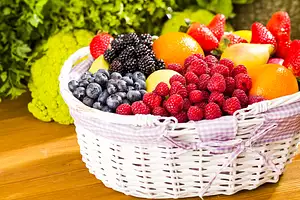
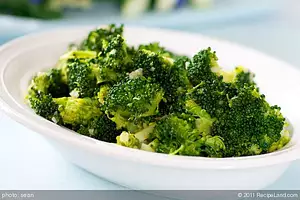

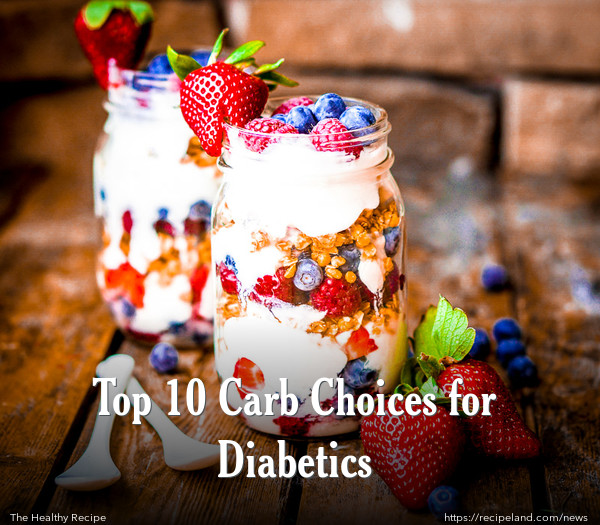

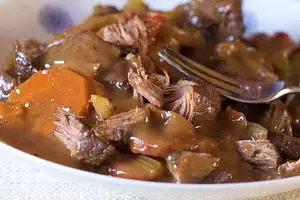

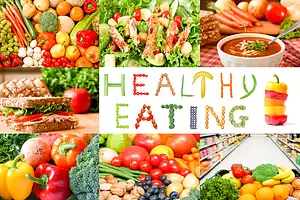
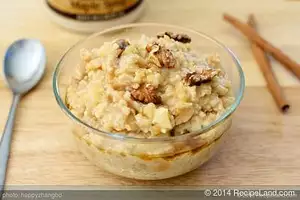

Comments